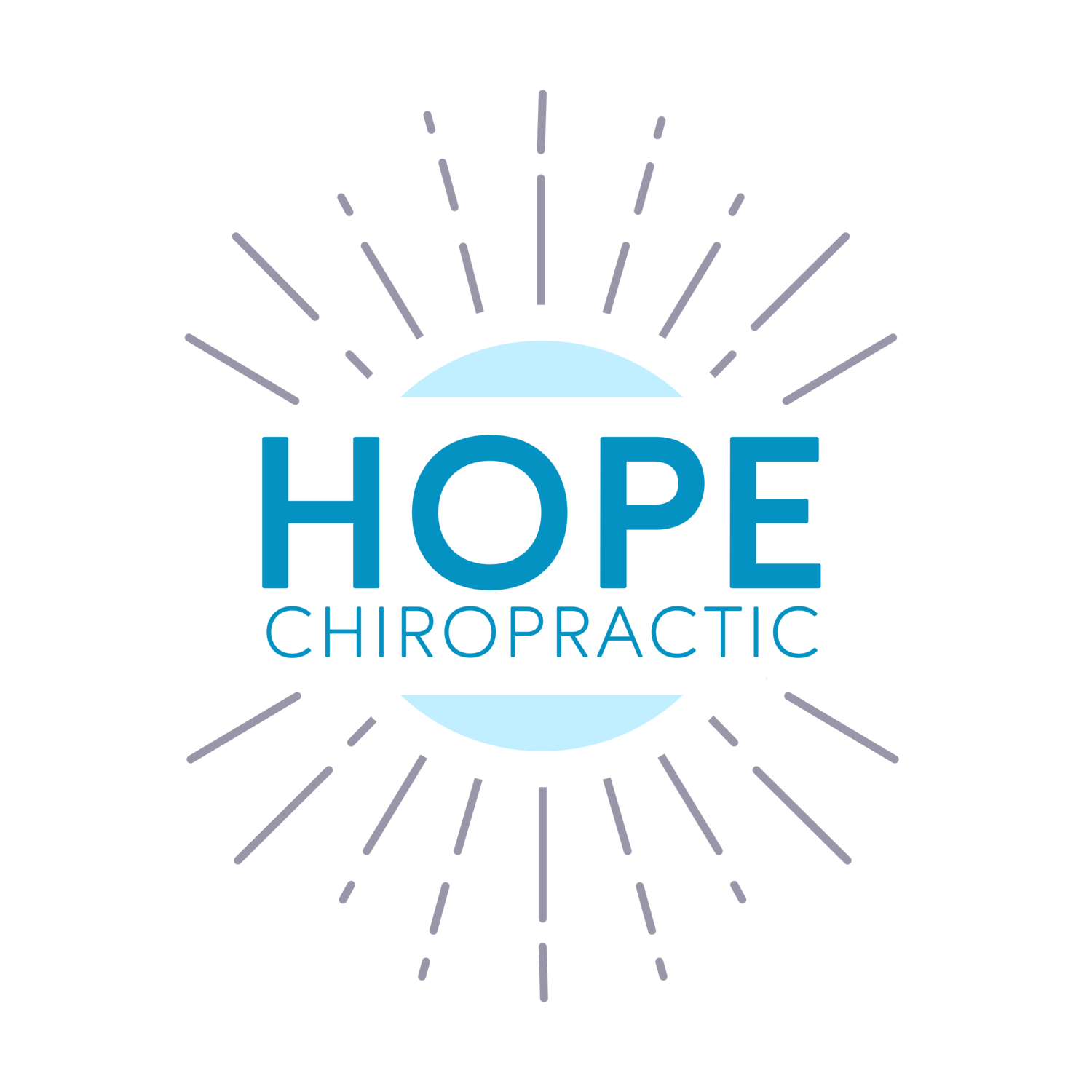
Are you feeling frustrated or even disheartened because your child seemed to be making incredible progress with their neurological challenges, and then suddenly... everything stalled? Maybe you've even noticed some regression - behaviors returning that you thought were gone forever, sleep disruptions creeping back in, or emotional regulation challenges resurfacing.
If you're wondering if the care plan is failing or if something's wrong, I want you to take a deep breath and hear this: plateaus and even regressions are often a normal and necessary part of the healing process.
The neurological healing journey is rarely a straight line. In fact, it's more like a rollercoaster with its fair share of ups, downs, and unexpected twists. But here's the thing parents often miss - those plateaus aren't signs of failure. They're actually evidence that your child's nervous system is working through deeper layers of dysfunction and adapting to a new level of organization.
Is your child already dreading summer celebrations? Are you anxious about the inevitable meltdowns, tantrums, and tears that seem to accompany every fireworks display or crowded holiday gathering?
If you're like many parents we meet, you've probably tried everything—noise-canceling headphones, watching fireworks from a distance, or even avoiding celebrations altogether. But what if I told you that these well-meaning strategies only address the symptoms, not the actual root cause of your child's sensory overload?
As a parent, watching your once full-of-life teenager transform into someone withdrawn, constantly overwhelmed, and struggling with anxiety or depression can be heart-wrenching. You've likely consulted various healthcare providers, tried different approaches, and perhaps even considered medication—yet your teen's struggles continue.
What if I told you that the root cause might not be the "chemical imbalance" that most conventional doctors continue to blame these rapidly increasing teen challenges on?
Have you ever noticed how your baby seems perfectly content in your arms, but the moment someone else holds them, the waterworks begin? Or how does your little one somehow sense when you're stressed and respond in kind? Or why healthcare providers prioritize skin-to-skin contact right after birth?
It's not a coincidence—it's co-regulation. And it might just be the most powerful tool in your parenting toolkit.
I want to share with you the absolute best hack when it comes to soothing a colicky baby, bringing down a fever naturally, and even boosting your milk supply. Would you believe it's all the same approach?
As a brand new parent, you want to give your newborn the absolute best start in life. You're carefully selecting the safest car seat, researching the most nutritious feeding options, and creating the perfect sleep environment. But what many parents don't realize is that even the most "normal" birth process puts tremendous physical stress on your baby's delicate body—particularly their brainstem, neck, and nervous system.
Let me guess... your child doesn't just have one speed.
One moment, they're bouncing off the walls — shouting, spinning, climbing on furniture, and melting down when something doesn't go their way.
The next moment? They're completely zoned out and disconnected. Blank stare. Can't follow instructions. It's like they're in the room... but not really there.
You've tried the parenting books, the behavior and reward charts, maybe even medications — and still, you're left asking – Why is my child like this?
And more importantly... How do I actually help them?
Do you find yourself reaching for that third cup of coffee just to make it through the afternoon? Does your child seem constantly wired yet somehow exhausted, struggling to focus at school but unable to wind down at night? You're not alone—and there's a reason for it.
What you and your family are experiencing could be a cortisol addiction. This neurological pattern has become increasingly common in our fast-paced world, affecting not just adults but our children too. The good news? Once you understand what's happening, you can take effective steps to break the cycle and help your entire family thrive naturally.
Motherhood is an excessive amount of responsibilities, from caring for our children to managing household chores, work commitments, and more. It often feels like there needs to be more hours in the day to accomplish everything on our to-do lists. With carpool lines, meal prepping, loads of laundry, and trying to keep all of the kids accounted for, it's easy for moms to neglect their own well-being, leading to exhaustion and burnout. Although motherhood is literally the best job in the world, it can also sometimes feel like the hardest, too. This season is full of joy, and it is very rewarding but can get lonely at times, which is why we created this little “survival guide” to help ease those tough days, to remind you to give yourself grace, that you are the best mother for your child, AND to give you some practical tips to help your overall health and wellbeing.











